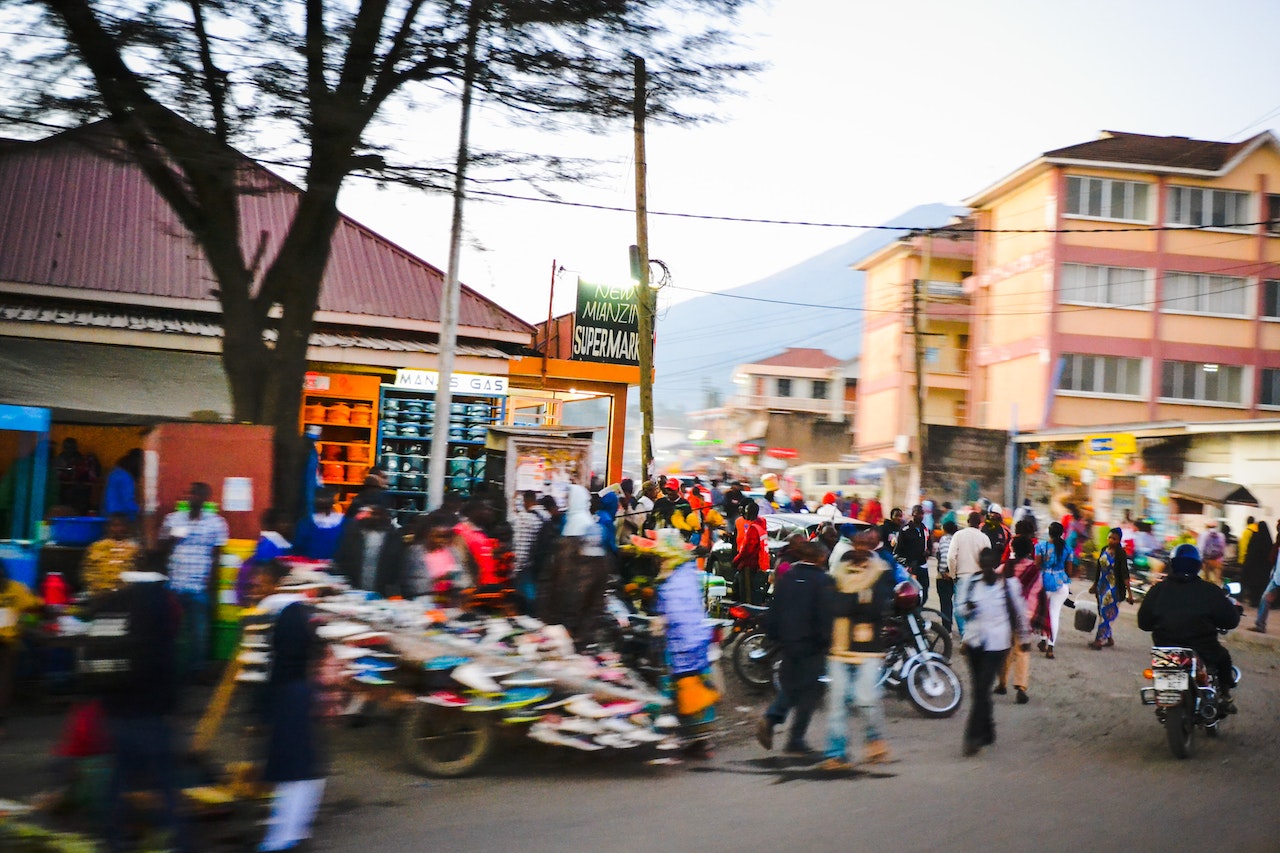African cities are experiencing unprecedented growth as millions of people move to urban areas in search of better opportunities. This growth has brought about a range of challenges, including congestion, pollution, inadequate infrastructure, and housing shortages. A concerted effort from all Africans is required to address these challenges and build better African cities.
Recognizing the challenges that currently exist is the first step toward building better African cities. African cities are grappling with a range of issues, including inadequate public transportation, high unemployment rates, limited access to quality healthcare and education, and a lack of affordable housing. Additionally, sprawling slums and informal settlements that lack basic services and infrastructure characterize African cities.
A holistic approach that takes into account the needs of all stakeholders, including residents, business owners, and local government, is required to address these challenges. This approach should prioritize sustainable development and address the root causes of the challenges facing African cities.
 One solution to improving African cities is investing in public transportation.
One solution to improving African cities is investing in public transportation.
Investing in public transportation is a crucial step toward improving African cities. Currently, many African cities have limited public transportation options, which results in increased congestion on the roads, reduced economic productivity, and air pollution. By investing in public transportation, cities can reduce the number of cars on the road, leading to less traffic and improved air quality.
This will not only benefit the environment but also improve the quality of life for residents by reducing the time and cost associated with transportation. Additionally, better public transportation can attract more businesses to the area, as they will be able to access a larger pool of potential employees, customers, and suppliers.
Investing in public transportation also has the potential to boost economic development by creating job opportunities in the transportation sector, as well as in related industries such as manufacturing and maintenance. Overall, investing in public transportation is a win-win solution for both the environment and the economy, and is a crucial step toward building better African cities..
 Another solution is prioritizing affordable housing. Many African cities are experiencing housing shortages, leading to high rental costs and overcrowding. By prioritizing affordable housing, we can reduce the cost of living for residents and improve their quality of life. This will also help to reduce the prevalence of informal settlements and slums that lack basic services and infrastructure.
Another solution is prioritizing affordable housing. Many African cities are experiencing housing shortages, leading to high rental costs and overcrowding. By prioritizing affordable housing, we can reduce the cost of living for residents and improve their quality of life. This will also help to reduce the prevalence of informal settlements and slums that lack basic services and infrastructure.
In addition to these solutions, we need to prioritize the development of sustainable infrastructure. Many African cities lack basic infrastructure, including reliable electricity, clean water, and adequate waste management systems. By prioritizing the development of sustainable infrastructure, we can improve the quality of life for residents and attract businesses to the area. This will also benefit the environment by reducing pollution and conserving natural resources.
A concerted effort from all Africans is required to achieve these solutions and build better African cities. This effort should be led by local governments and supported by international organizations and the private sector. However, it is also important for individuals to take action in their own communities.
Individuals can get involved by joining or supporting local organizations that are working to improve African cities. These organizations can be focused on a range of issues, including public transportation, housing, infrastructure, and environmental sustainability. By getting involved with these organizations, individuals can help to build momentum towards positive change and make a real difference in their communities.
Advocating for change at the local and national levels is another way individuals can get involved. This can include engaging with local politicians and policymakers, attending community meetings, and participating in public forums. By advocating for change, individuals can help to raise awareness of the challenges facing African cities and build support for sustainable solutions.
Finally, individuals can make a difference by adopting sustainable practices in their daily lives. This can include reducing waste, conserving energy, and using public transportation or other sustainable modes of transportation. By adopting these practices, individuals can help to reduce their environmental impact and promote sustainable development in their communities.
Building better African cities is a complex challenge that requires a concerted effort from all Africans. By recognizing the challenges facing African cities and adopting a holistic approach that prioritizes sustainable development, we can create cities that are livable, sustainable, and prosperous. Let us work together, both in the continent and in the diaspora, to build a better Africa for all.



